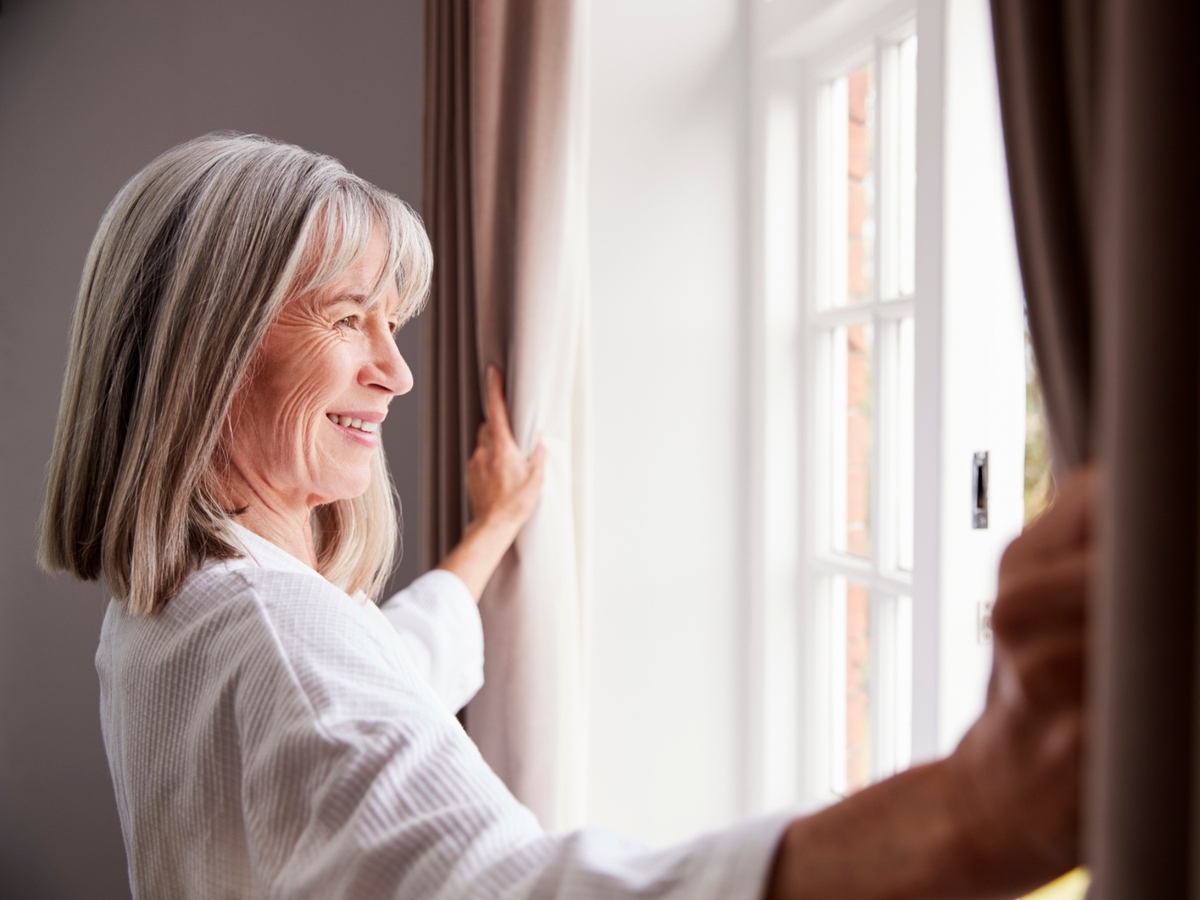Owners of two-story homes face the same problem every summer: The upstairs is hotter than the first floor. The choice seems to be to sweat it out or lower the thermostat to make up the difference. Unfortunately, doing nothing can lead to a lot of hot, sleepless nights, while adjusting the thermostat can give you a chill when you receive your summer energy bills. There has to be a better way.
Why it's hotter upstairs
The temperature imbalance in your home has to do with science, but you don't have to be a scientist to understand it. As air gets warmer, its molecules spread farther apart and it becomes lighter. The lighter hot air rises to the second floor. The denser cool air sinks and gets trapped downstairs.
Striking a better balance
You can't change the laws of physics, but there are things you can do to make your upstairs more comfortable and save money.
- Use window treatments. Close shades and curtains on south and east facing upstairs windows during the afternoon. This will help keep out unwanted heat gain. Install insulating shades to save even more energy and improve comfort.
- Circulate air. If you have ceiling fans, turn them on when you're upstairs. They circulate air and make you feel cooler. They don't actually cool a room, so turn them off when you and your skin leave to avoid wasting energy.
- Seal attic air leaks. Go in your attic; check for gaps around recessed light fixtures, plumbings, furnaces flues and ductwork. Seal with caulking or expandable foam. Add weatherstripping to your attic access or door.
- Cool your roof. Conventional roof materials absorb heat and bring it into your home. A cool roof reflects sunlight and emits solar radiation, making your upstairs and your entire home more comfortable. If you live in a warmer climate, look for lighter colored materials when replacing your roof. This will reflect some of the heat that would otherwise warm your house and, particularly, the upstairs area.
If you have an older air conditioning system or one in need of repair, consider replacing it with an ENERGY STAR certified system. ENERGY STAR® units use less energy than standard models.

